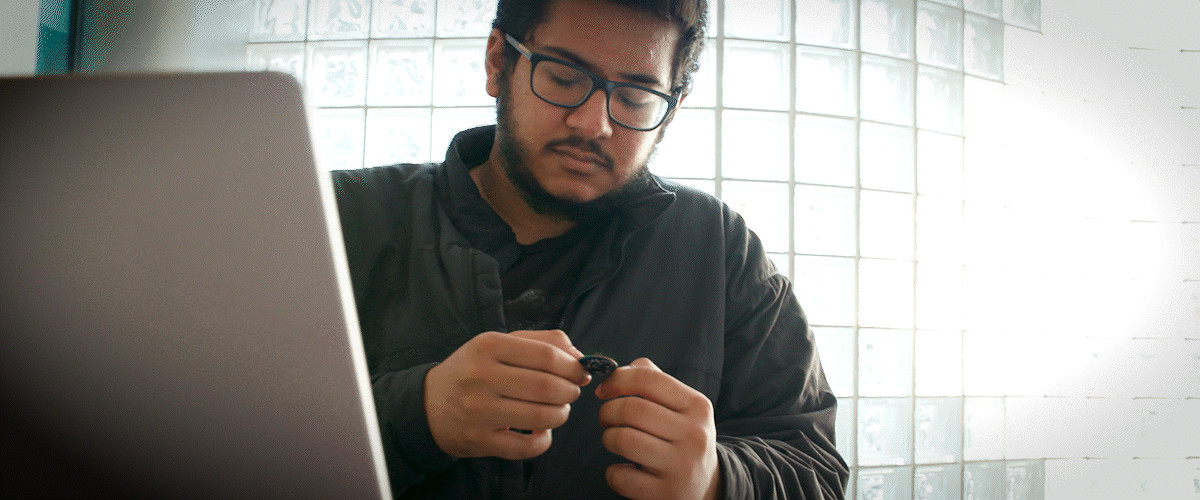
Riding the Brain Wave
When Ryan Ahmed’s father suffered a brain aneurysm, Ahmed sprang into action, developing earbuds that register brain activity. At New York Tech, he has taken his idea even further with the support of the Entrepreneurship and Technology Innovation Center.
Attending New York Institute of Technology for the depth of knowledge, opportunity, and support beyond the classroom, Ryan Ahmed, a student in the College of Arts and Sciences, is well on his way to bridging the worlds of technology, brain health, productivity, and entertainment.
During high school he and his friends, including fellow New York Tech student Pari Patel, set out to develop groundbreaking earbuds that could not only play music, but also provide information on brain health. Witnessing his father’s struggle after a brain aneurysm deeply impacted Ahmed. The sudden aneurysm developed into a brain bleed that continues to affect every facet of his father’s life.
Learning that most aneurysms occur without outward signs or symptoms before a traumatic rupture occurs, Ahmed began poring over the science behind brain health. Fueled by his interest in this, Ahmed and his friends discussed how health and wellness are increasingly connected to technology. After all, the Fitbit and Apple Watch have revolutionized the health industry, putting detailed information about heart health, blood oxygen levels, respiration rates, skin temperature, calories, and sleep patterns at our fingertips.
This article originally appeared in the spring/summer 2024 issue of New York Institute of Technology Magazine.
By Denice Rackley
More News
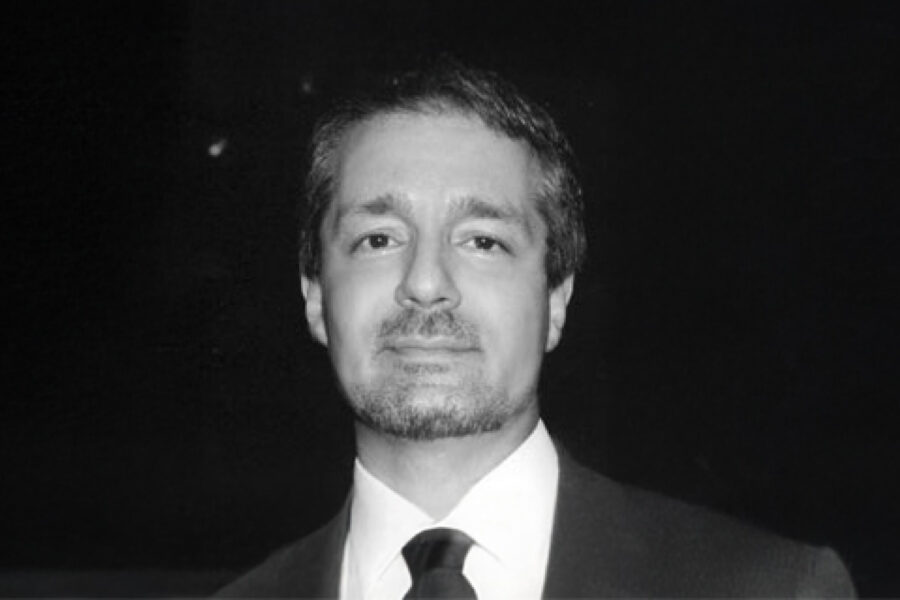
Understanding Sanctuary Cities
Teaching Assistant Professor Michael Izady, Ph.D., led a Dean’s Digital Café conversation about sanctuary cities.
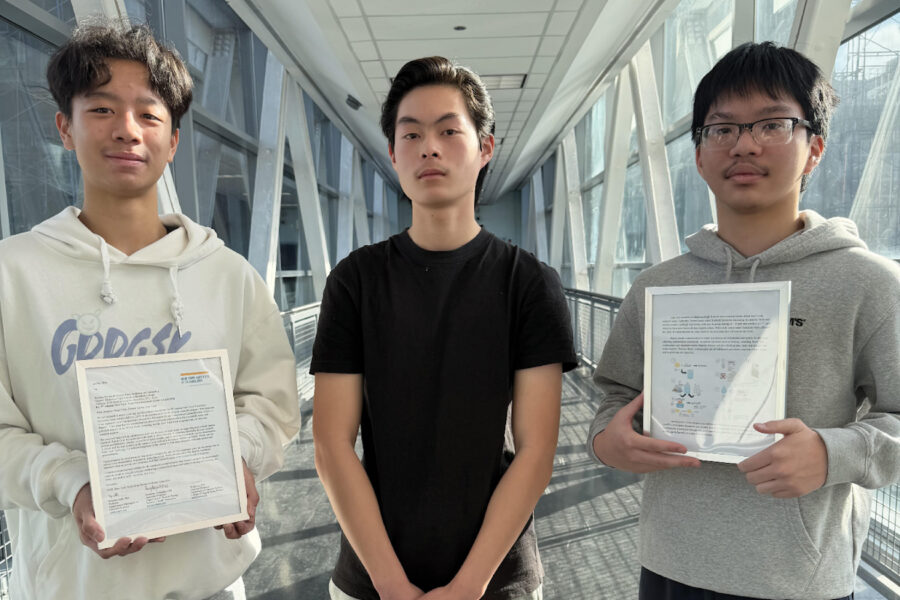
Promoting Early Engagement in Research
New York Tech recently completed the ninth year of its Mini-Research Grants Awards program to encourage high school students to pursue STEM fields.
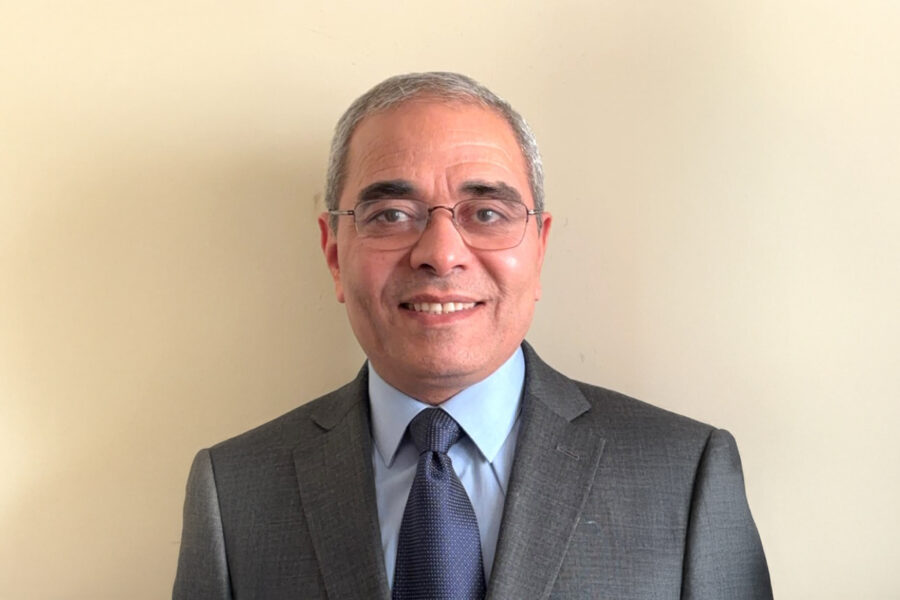
Reversing Bone Loss After Spinal Cord Injury
People with spinal cord injury may lose up to 41 percent of their bone mass in the first year. A new study by the College of Arts and Sciences’ Hesham Tawfeek, MBBCh, seeks to repair this damage.
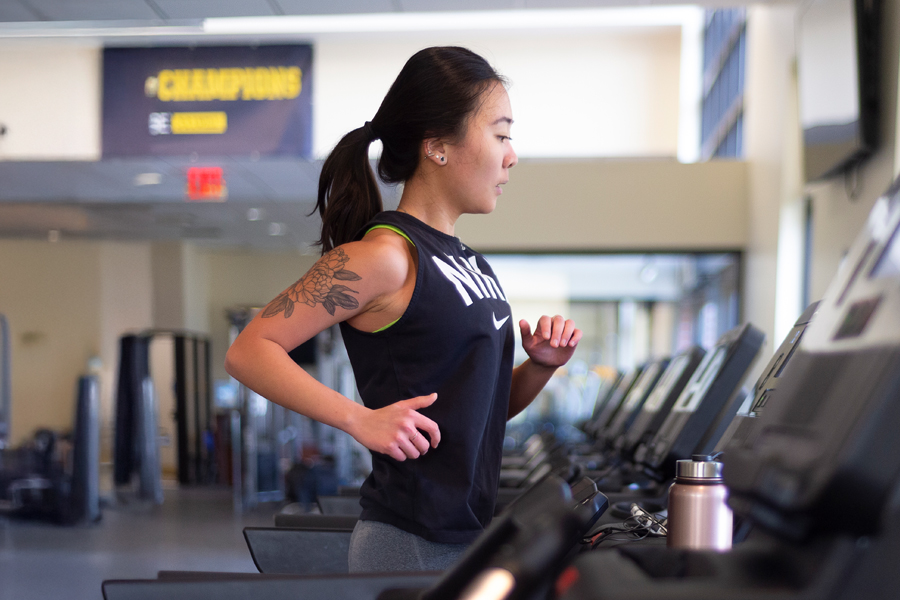
Uncovering the Body’s Fat-Burning Strategy—It’s Math-Driven!
A new study by an NYITCOM-Arkansas researcher finds that the body calculates which fat to burn, choosing those that produce the most usable energy while consuming the least oxygen.
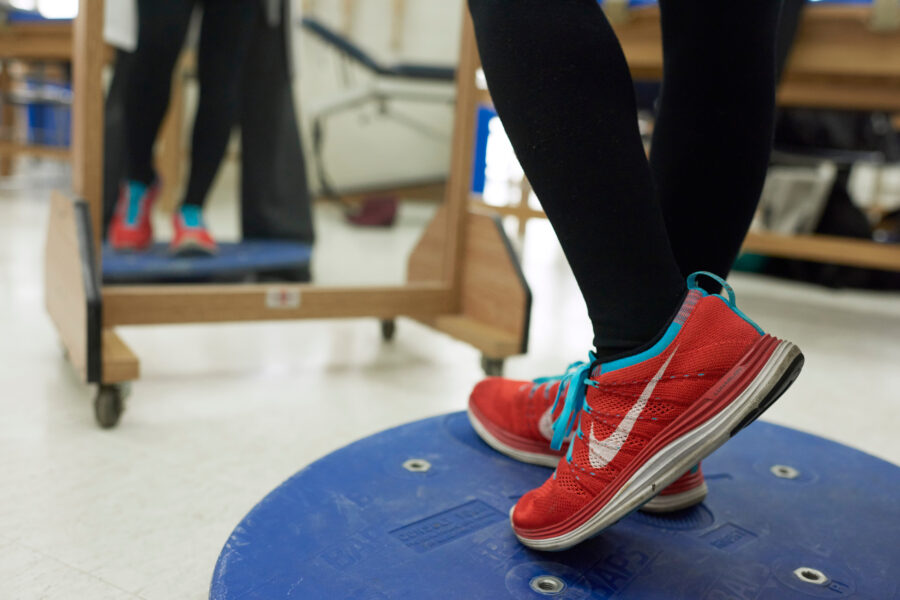
When Rehab Meets Robotics
A study co-authored by John P. Handrakis, D.P.T., Ed.D., and graduates of the physical therapy program finds that a wearable robotic device could help stroke survivors get back on their feet.
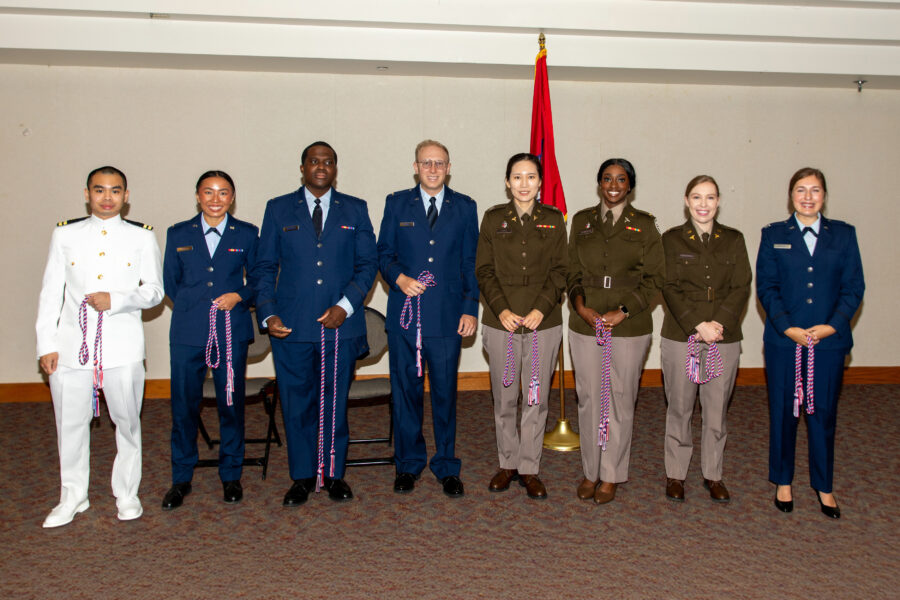
NYITCOM-Arkansas Announces Partnership With SOFtoSOM
NYITCOM-Arkansas has formed an official partnership with Special Operations Forces to School of Medicine (SOFtoSOM), an organization that helps military veterans who are interested in pursuing medical education.